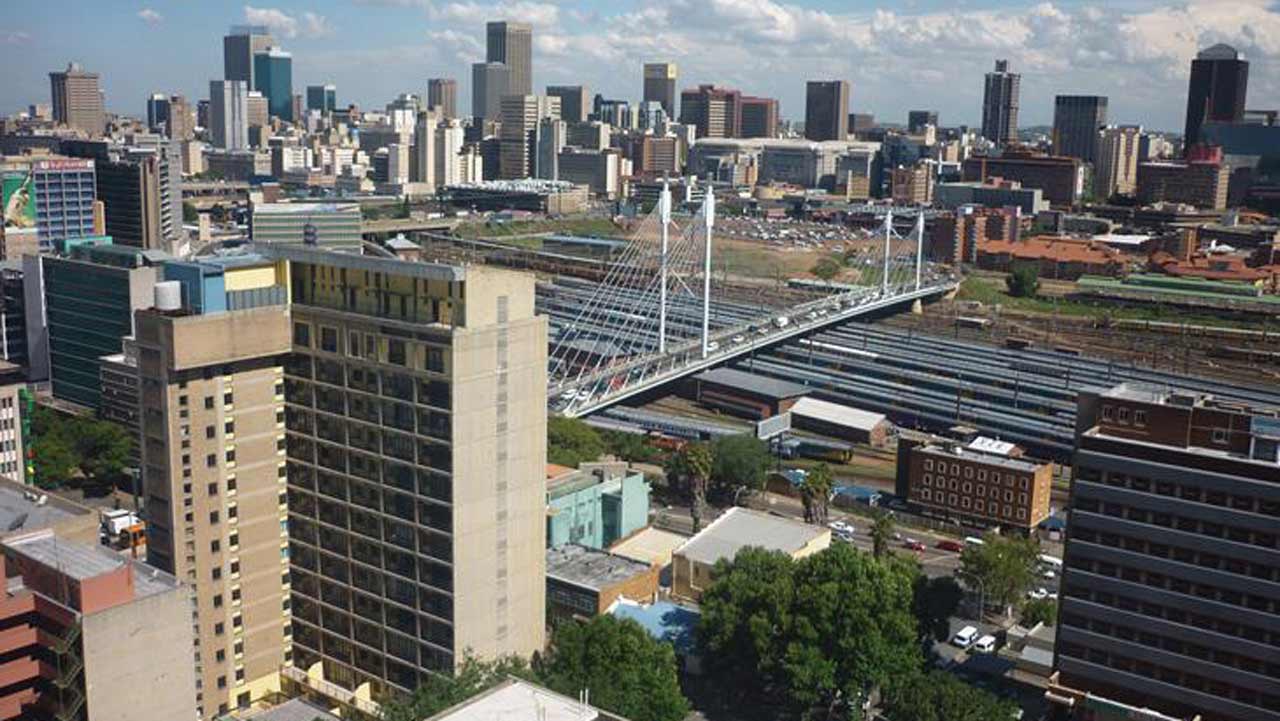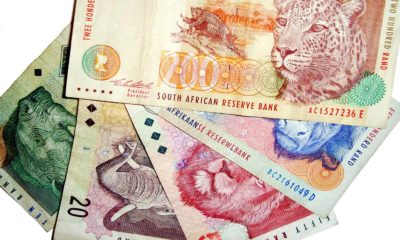- South Africa GDP Growth Slows to 0.2%
South Africa’s economic growth slowed in the third quarter as factory production and trade contracted, complicating the government’s task of boosting output to avoid a possible credit-rating downgrade to junk next year.
Gross domestic product expanded an annualized 0.2 percent in the three months through September compared with upwardly revised growth of 3.5 percent in the preceding quarter, the statistics office said in a report released on Tuesday in Cape Town. The median of 19 economist surveyed forecast 0.6 percent growth compared with unrevised expansion of 3.3 percent in the second quarter. The economy expanded 0.7 percent from a year earlier.
S&P Global Ratings last week affirmed the nation’s BBB- assessment, the lowest investment-grade level, while warning that political turmoil has distracted from reforms to boost growth. The economy will probably expand at the slowest pace this year since a 2009 recession. Slow growth will make it more difficult for Finance Minister Pravin Gordhan to meet his pledge to narrow the budget deficit to 2.5 percent of GDP by 2020, from a projected 3.4 percent this year, and to limit government debt, according to Nicky Weimar, an economist at Nedbank Ltd.
“The only conclusion you can draw from a 0.2 percent growth rate is that there is no momentum and it seems to suggest there is very little underlying confidence,” Weimar said by phone. Ratings companies want to see “that we start to implement the sort of policies that will get us to a faster growth rate,” she said.
Factory output, which makes up about 13 percent of GDP, contracted by an annualized 3.2 percent from the previous quarter and trade shrank by an annualized 2.1 percent, the statistics office said. Mining production rose 5.1 percent and the finance industry expanded by 1.2 percent.
Gordhan, 67, has been leading efforts to avoid a cut to junk while wrangling with President Jacob Zuma over control of the Treasury and state-owned companies. That and delays in passing new mining and anti-money laundering laws and a failed attempt by senior African National Congress officials last week to oust Zuma have fueled perceptions of political turmoil and policy uncertainty.
High Unemployment
Low commodity prices, the worst drought in more than a century and weak export demand have weighed on output and the economy will probably expand 0.4 percent this year and 1.2 percent in 2017, according to the central bank. That won’t create the jobs required to reduce the nation’s 27 percent unemployment rate, Governor Lesetja Kganyago said on Nov. 30.
“It’s certainly not enough growth to assist with the social issues like unemployment or income growth and this will keep ratings agencies nervous about the country’s rating,” Kevin Lings, chief economist at Stanlib Asset Management Ltd. in Johannesburg, said by phone. “It’s clear that South Africa is facing a crisis in economic activity.”
The rand gained 0.6 percent to 13.6511 per dollar by 10:37 a.m. in Johannesburg on Tuesday. Yields on rand-denominated government bonds due December 2026 fell three basis points to 8.95 percent.

 Forex3 weeks ago
Forex3 weeks ago
 Naira3 weeks ago
Naira3 weeks ago
 Billionaire Watch2 weeks ago
Billionaire Watch2 weeks ago


 Naira3 weeks ago
Naira3 weeks ago




 Naira2 weeks ago
Naira2 weeks ago




 Naira1 week ago
Naira1 week ago




 Naira4 weeks ago
Naira4 weeks ago
 Banking Sector4 weeks ago
Banking Sector4 weeks ago






















